
Bring Your Human to Work
10 Surefire Ways to Design a Workplace That's Good for People, Great for Business, and Just Might Change the World
Recommendation
A values-based corporate culture that attends to the human needs of its employees gives your firm an advantage in today’s world where good people are hard to keep. Consultant and Spaghetti Project founder Erica Keswin’s 10 “surefire” ideas for designing a workplace that works are pure common sense. Your employees want a comfortable environment, flexible schedules, work-life balance and inspiring leaders. Millennials and Gen Z employees, in particular, Keswin says, expect corporate responsibility, sustainable practices and professional development. Even big firms can incorporate these strategies, as many have done for decades. Keswin demonstrates how companies that invest in strong values can validate their employees and gain great retention and a stronger bottom line.
Summary
About the Author
Consultant, recruiter and strategist Erica Keswin contributes to Forbes, the Harvard Business Review, Entrepreneur and the Quartz at Work website. She founded the Spaghetti Project, “a platform devoted to sharing the science and stories of human connections with global brands, communities, teams, and individuals,” based on the idea that people who have a meal together form closer bonds.








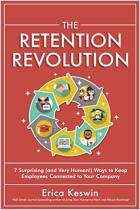
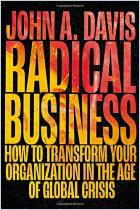
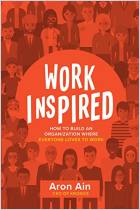
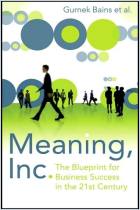
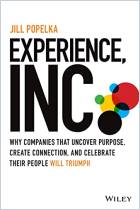
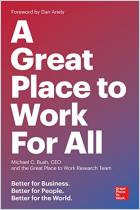
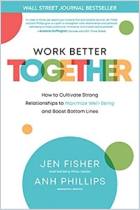





Comment on this summary or Iniciar a Discussão